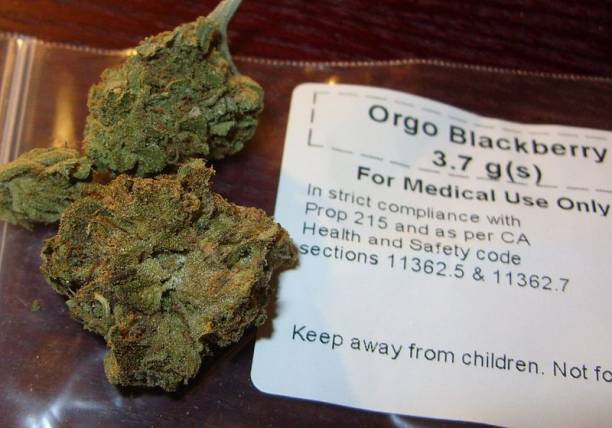Atlanta residents advocating for criminal justice reform have seen little improvement. In Georgia, drug and property convictions account for 60 percent of Georgia’s prison population, compared to the national average of 35 percent.
For drug policy reform advocates focused on tackling the statewide legalization of cannabis, the political process has not allowed any transformative legislation to pass, which has led to heartbreaking defeats and a contentious relationship between police and residents they are meant to protect and serve, not arrest and incarcerate.
Enter Atlanta’s Kwanza Hall. The District 2 councilmember has introduced Ordinance 17-O-1152, up for a vote on Monday, April 17. This proposed ordinance has the ability to make possession of marijuana under one ounce a non-arrestable offense and to lower the fine to a maximum ticket of $75. Under current Georgia law, marijuana possession is illegal, and the possession of any amount of marijuana can result in 180 days of jail time, a fine of up to $1,000, and a litany of collateral consequences that impacts employment, housing, family and life opportunities.
Passing 17-O-1152 is an essential first step in ending the decades-long racial disparities in Atlanta’s criminal justice system—a system in which one in 13 adults are under some form of correctional supervision, compared to the national average on one in 31.
Atlanta appears ready to follow the example set by Clarkston, Georgia, which in 2016 reduced the possible penalties for possession of one ounce of marijuana.
This ordinance won’t come soon enough for the family and friends of 24-year-old DeAundre Phillips, an Atlanta man who was tragically killed earlier this year after he was engaged by police for no other reason than he was possibly in possession of marijuana.
“What we know is that based on APD’s arrest data, the criminal justice system continues to systematically target young black people for possession of marijuana, despite the fact that black and white people use marijuana at the same rates. The cost of this systemic racism on young black people is increased jail time, sky-high fines and sometimes the loss of life,” said Che Johnson-Long, organizing director of Racial Justice Action Center. “This was the case for DeAundre Phillips. This interaction with APD in January cost him his life. Had this ordinance been in place, DeAundre might be alive today.”
With marijuana ordinances becoming the topic of conversation in several Georgia cities, including Clarkston, Athens, and now in Atlanta, it’s easy to see a shift in public opinion for marijuana reform statewide.
Among advocates lobbying for medicinal marijuana reform is State Representative Allen Peake, the sponsor for 2015’s HB 1. Haleigh’s Hope Act, a bill that legalized low-THC cannabis oil for certain “medication-resistant epilepsies,” while creating an infrastructure, registration process and research program for the drug.
“Every day I hear the success stories of hurting Georgians using medical cannabis to deal with their debilitating medical conditions,” Peake said. “And every day that I hear these stories, my resolve is strengthened to fight for our citizens to have the legal right to access and possess medical cannabis. We owe this to our hurting citizens.”
Despite the differences that still divide marijuana and medicinal marijuana advocates, there is no denying that ordinance 17-O-1152 will curb the arrest of Atlanta residents, who are entering the criminal justice system for low level, drug offenses. As of now, black residents comprise 76 percent of those incarcerated for marijuana offenses in Georgia, compared to 21 percent of whites.
In order for Atlanta to continue to lead the state in criminal justice reform, all eyes will be on Councilman Kwanza Hall and the Atlanta City Council to take action and vote yes on ordinance 17-O-1152.
This piece first appeared on the Drug Policy Alliance blog. Michelle Wright is a policy manager for the Drug Policy Alliance.



